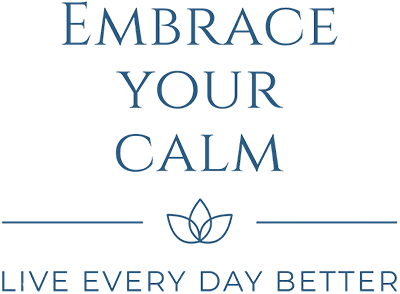Our ego is our internal radar, assessing how we fit in the world, it’s our own psychological self-protection device, created to protect our psyche. When we ask questions about ego, it’s not uncommon to think of someone who has an inflated ego, who thinks a lot of themselves, a person who may appear to have an overblown sense of self-worth, and we perceive as believing they are superior to others. And by contrast, how do we then describe someone we characterize as having a deflated ego, a person who thinks less of themselves, who feels they are less in comparison to others?
Is it merely a balance to be found between not too much of this good thing, yet making sure we still have enough, to not be diminished in our self-worth, while ensuring we don’t overstate just how truly grand we are? Or a balanced self-esteem where we acknowledge our own limitations, and celebrate our strengths, while appreciating the same in others?
Ego plays an integral part in developing our sense of identity and personality, it is the practical aspect of our personality. Its purpose is to direct an individual as to what behaviour is culturally or socially appropriate in a situation, much of this learned at an early age as we conform to societal norms, to behave in ways that are acceptable to fit in with society.
While our ego acts as our shield of behavioural protection, it can be guilty of weighing up where we fit with others, are we more than, are we less than, or do I see you as my equal? Ego is wanting us to be accepted, to be validated. It drives our urge to impress, how will it appear to others if I do this, say this, act like this?
While our ego is there to protect us, it is also needing management so it isn’t running the show.
Ego gets us into trouble by getting involved in business that doesn’t necessarily serve us, taking us away from our true self, instead directing our focus or power to something that isn’t our load to carry and that doesn’t concern us, but instead showing up as a comparison of our own actions or behaviours in relation to those of others. This is when we put more importance on the impression our way of being has on others, rather than what feels true to ourself or how we genuinely act from a place of authenticity – a behaviour that removes us from our power.
Our ego is a powerful tool in assessing how we relate to others, allowing us to evaluate our own behaviour and whether the actions of others in relation to ourself are causing us to act, or to react.
We are able to honesty assess if we are being triggered (something in us is asking to be uncovered and healed), are we in judgement (whether or not this fits in with what we deem to be acceptable) or are we observing the situation for what it genuinely is?
When we understand our ego influences how we see others, how we evaluate situations, how we react to these, with self-mastery we can appreciate that rather than approach a situation with a shield up, with our ego up, summing up how we compare to others, we can instead come from a place of openness & acceptance. It is from this space we come back to self.
To be able to say to our ego, “I see you, thank you for that”, and we can then ask ourselves for what reason am I choosing to be offended, for what reason am I choosing to react, what is causing me to act in this way? Is it from a place of love and acceptance, or from ego & separation?
Being aware that ego is our internal storyteller, and being conscious of how this effects our behaviour, we are able to choose the degree to which this influences what is true in ourself. This is a choice to stand in our truth – and this truth brings us clarity, the truth does set us free. And that in itself is another story, or blog, for another day.

